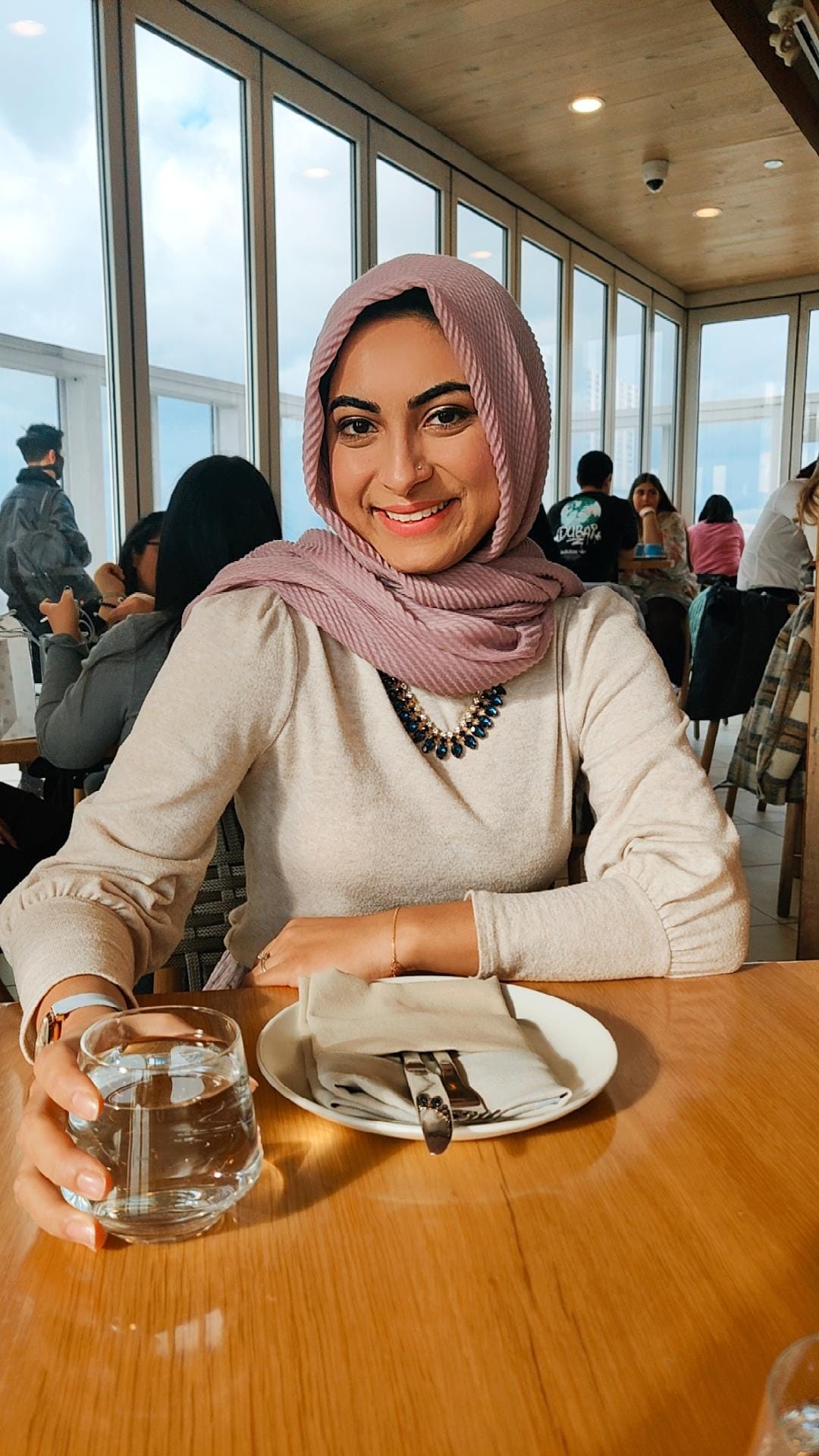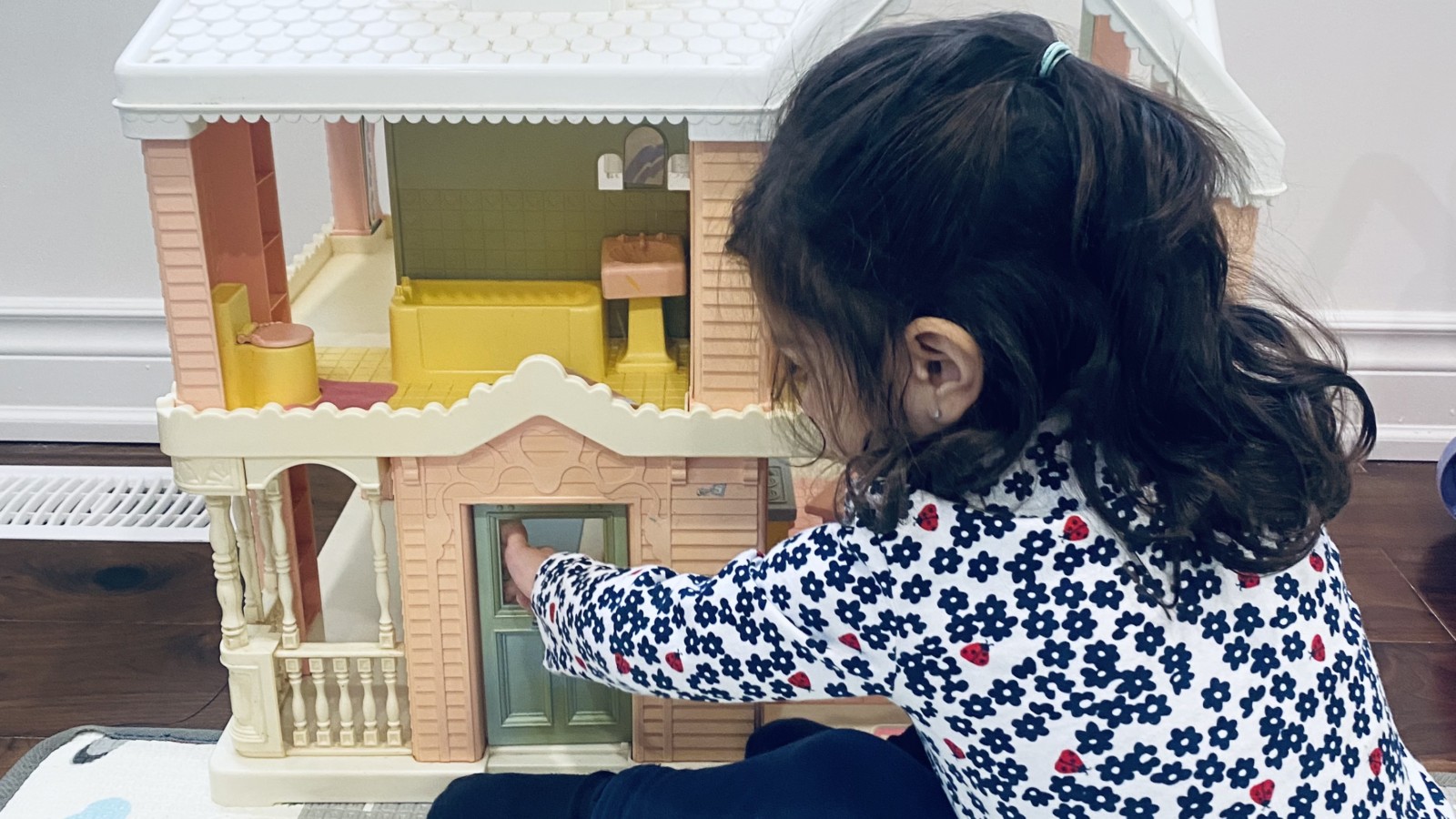After a long and exceptionally cold winter, spring is finally upon us — the season of rebirth, growth, and cleansing, both physical and mental, to make room for fresh new ideas and perspectives. While many of us harness the vitality inspired by this season to begin spring-cleaning frenzies as an opportunity to get rid of old, unwanted objects lying around the home, I actually made way to bring back an old item that was sitting in my parents’ basement for years… well, actually decades. I brought out my old dollhouse. It’s a Playskool Victorian dollhouse that is probably considered to be a vintage piece now, which perhaps attests to my age, but I don’t think I’ve seen a dollhouse today with the same level of detail that this piece incorporates. It’s complete with a washer-dryer that actually spins, a battery-operated night light that actually turns on, a toilet seat that lifts, an oven and cabinet doors that open, and a traditional mailbox that you can place mail in. You may be able to tell that I took some time playing with this long-lost treasure and going down memory lane before cleaning it up and giving it to my daughter to play with.
While it was sitting down in my parents’ basement for years, I wondered why they had hung onto it for so long. Why was this old toy, this object that seemingly had no value, taking up space and accumulating dust? Wouldn’t it be more productive and satisfying if we sold it, donated it, or even left it on the curb? Nobody was going to miss it. My parents, like many of us, have a tendency to hang onto things — old household items, childhood school projects that they were particularly proud of, you name it. It drove me crazy. I was a bit harsh to criticize them for placing such a strong emotional attachment to mere items. The space that these items occupied felt stifling, but more than that, it felt like a reflection of an unhealthy tendency to live in the past, instead of accepting and embracing the present.
But when I brought out my dollhouse, I thought – maybe there is some merit to keeping these things after all. As a vintage piece, it’s probably worth much more than it once was. And aside from it being economical to avoid purchasing new toys that are often rejected and discarded after a few uses, there was a certain level of satisfaction for opting for the environmentally friendly way of reusing old toys that are in perfectly good condition. And my daughter loves playing with it! Especially now that her mind is in a creative, imaginative phase. It’s truly priceless to see her talk to the dolls as she interacts with each room of the dollhouse — possibly in the same ways that I did when I was a child. There’s a profound level of joy seeing the next generation be inspired and delighted by the same things that once delighted us.
I am constantly revisiting my relationship with, and attachment to, old things in my life. I was once at a point where I would hang onto objects and memories from my past and look back almost with a sense of grief for no longer living in those “good times”. But I realized that this was precisely the kind of emotional attachment that I so criticized in my parents’ habits.
Now, I am grappling between the need to clear out things from my surroundings, and from my past, and the desire to hold on to them for just a little bit longer. I’m working on finding a healthy middle ground between emotionally attaching to things – whether it’s objects, memories, or people – and letting them go to make way for new things, new thoughts, or new experiences that may contribute to my growth.
I do believe the emotional attachment that we place on some things, people, or circumstances can sometimes weigh us down and hinder our growth. It can be an arduous and often painful process letting go. But what I’m learning is that letting go doesn’t always mean to physically discard or reject something. It simply means that now, I have control over how much importance I place on those things… and not the other way around.


